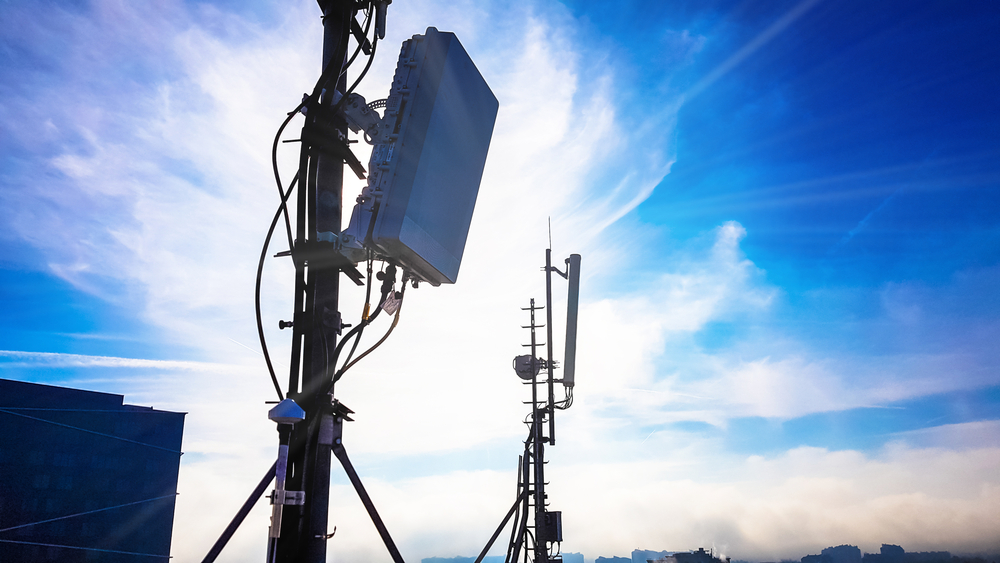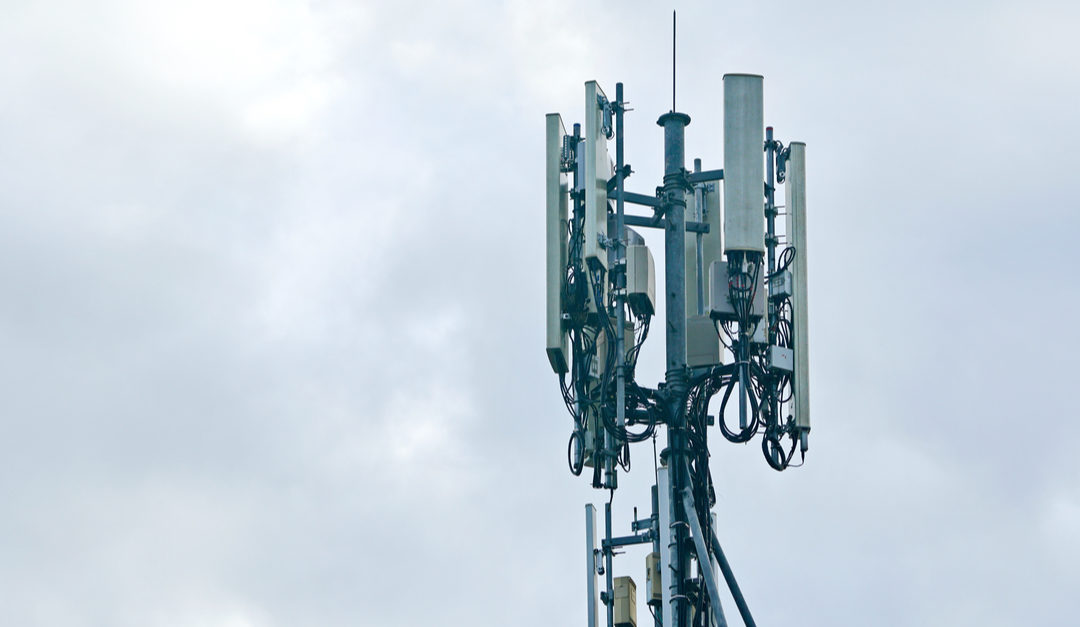Usage based billing (UBB), also referred to as pay as you go, pay-per-unit, or metered pricing, amongst others, is a billing model used across a variety of industries that charges users based on what they actually use instead of a fixed rate that is the same for everyone. This billing approach is common for services where usage can vary widely, and the approach is increasingly common especially as software-as-a-service continues its popularity with customers.
Of course, there are always those who believe they have a better way for a business to operate, and for some of those people UBB is just not acceptable. They envision an online world where everyone pays the same no matter what they are doing online. Someone who only needs access to read and send email would be charged the same as the upstart crypto miner down the block; the person only reading restaurant reviews on Saturday would pay the same as 24/7 high-definition graphics game player.
Imagine purchasing electricity this way. Your 1,200 square foot house only cooled to 74 degrees in August would cost the same as the 10,000 square foot, 64-degree house down the road. How about paying the same to take an Uber to the grocery store while your neighbor takes one across the country and you both pay the same rate? This system works for no one, except maybe the regulators. Regulators, and legislators, are often so eager to require that certain industries operate in a manner they imagine is most beneficial that they forget the damage they do to consumers and innovation.
Innovation takes many forms. Most obvious, perhaps, is the new gadget, but services, operations and billing practices all result in greater benefits for consumers when those functions also are infused with innovation.
Government forcing internet service providers, or any business, to sell their product or service at a fixed price rather than a pricing system that works for them and their customers is just run of the mill price controls. Those who claim that ending the option to offer usage based billing protects consumers ignore the practice’s wide use throughout our economy. Even worse, they ignore the economic damage that their arbitrary restriction would visit upon most consumers, especially those who use internet access less than average.
So, who are those who have internet access but use it less than others? To answer in the reverse, according to Pew Research, urban residents under 50 years old are the heaviest users and often report that they are “always on.” Suburban users less so and rural users even less. Those 65 years old and older also use the internet less. These then are the biggest losers in this government regulatory scheme — suburban and rural retirees.
The pursuit of one price fits all also signals a deep and disturbing misunderstanding of how an internet service provider operates. Despite some politician’s stated understanding, the internet is not “a series of tubes.” Delivering access to broadband is not akin to delivering water to a home. Rather, the demand on the network, and hence the costs, are dynamic.
Networks are in an almost constant state of expansion and improvement as consumers demand faster, better and further reaching systems. UBB meets this reality by allowing providers to change their pricing as offerings, conditions and consumer demand warrants. Individuals win as services meet the moment.
Regulators may have a role to play but that role is not to curtail innovation and most certainly is not to harm consumers. If they have their way and end UBB for service providers, the losers will not just be those forced to pay higher prices for less but the American innovation landscape broadly.
IEI Signs Coalition Letter on Accelerating Wireline Broadband Deployment
Read the Full Comments Here
Comments to FCC on Accelerating Wireline Broadband Deployment
To Read the Full Version Click Here

IEI Signs Coalition Letter in Opposition to App Store Regulation
Click to Download the Full Letter

Ukraine Invasion Brings Hypothetical Security Issues With Tech Bills Close to Reality
By Patrick Hedger Vladimir Putin thought he was taking advantage of a world too divided to do anything about his heinous vision to rebuild the evil empire the was the Soviet Union. So far, it seems like he grossly miscalculated. Much of the world has banded...

The Year Of 5G
This year 5G has become more “real” than it has been before. Devices enabled for 5G are on the market as service providers cover the country with their footprints. An exciting tomorrow seems closer than ever! While “5G” sounds very tech-opaque, it is a broadband...

TPI: Let’s Interpret Broadband Data Together!
By Scott Wallsten, Tech Policy Institute In June 2021, Consumer Reports (CR) released the results of a nationally representative survey related to broadband use. Figure 1 below shows some interesting results from that survey. On the heels of that survey, CR launched...

IPI: Antitrust and the Modern Economy
On September 22, 2021 the Institute for Policy Innovation hosted an important discussion regarding the role of antitrust legislation in the modern economy. The panel addressed the questions of whether antitrust is appropriate for innovative industries and whether...

Online Freedom of Speech and the States
On August 24, 2021 the Institute for Policy Innovation hosted a lively discussion regarding the role of government and industry when it comes to postings on social media platforms. Included in the discussion was the concept of whether the platforms are "common...

IPI: Broadband Expansion: What’s the Government Role?
https://youtu.be/nzBylRAMG_w

The Damage of Right to Repair
Across the country, states are considering versions of legislation broadly referred to as “right to repair.” Proponents tell, at best, half a story, demanding that consumers have the right to repair electronic devices, cars, and other products with a software...


Recent Comments